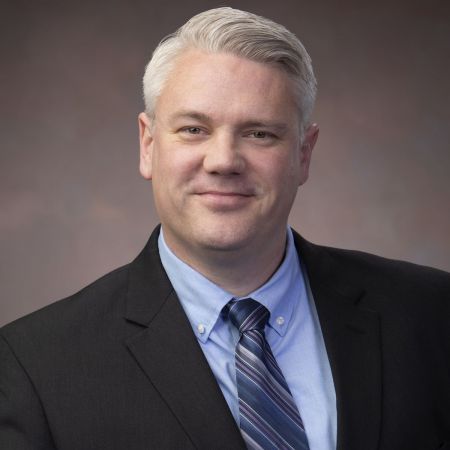What is dysphagia?
Dysphagia is the proper term used to describe conditions relating to difficulty swallowing. Often divided into two categories: esophageal dysphagia and oropharyngeal dysphagia, dysphagia can be triggered by a wide variety of conditions ranging from neurological disorders to GERD, radiation therapy and more.













